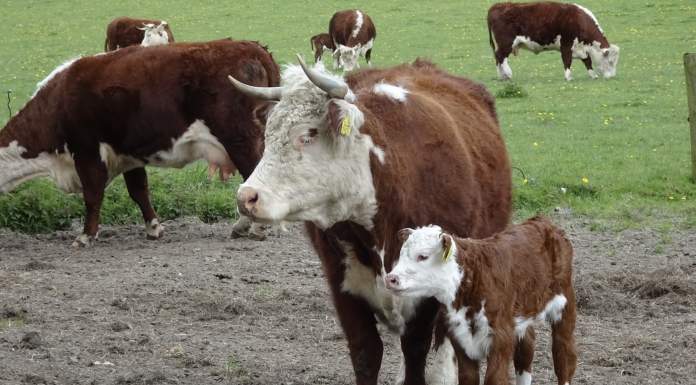ARS TECHNICA – Months in jail and thousands of dollars in fines and legal fees—those are the consequences Alabamians and Arizonans could soon face for selling cell-cultured meat products that could cut into the profits of ranchers, farmers, and meatpackers in each state.
State legislators from Florida to Arizona are seeking to ban meat grown from animal cells in labs, citing a “war on our ranching” and a need to protect the agriculture industry from efforts to reduce the consumption of animal protein, thereby reducing the high volume of climate-warming methane emissions the sector emits.
Agriculture accounts for about 11 percent of the country’s greenhouse gas emissions, according to federal data.
Livestock such as cattle making up a quarter of those emissions, predominantly from their burps, which release methane—a potent greenhouse gas that’s roughly 80 times more effective at warming the atmosphere than carbon dioxide over 20 years. Globally, agriculture accounts for about 37 percent of methane emissions.
For years, climate activists have been calling for more scrutiny and regulation of emissions from the agricultural sector and for nations to reduce their consumption of meat and dairy products due to their climate impacts.
Sixteen states—Alabama, Arkansas, Georgia, Kansas, Kentucky, Louisiana, Maine, Mississippi, Missouri, Montana, North Dakota, Oklahoma, South Carolina, South Dakota, Texas, and Wyoming—have passed laws addressing the use of the word “meat” in such products’ packaging, according to the National Agricultural Law Center at the University of Arkansas, with some prohibiting cell-cultured, plant-based, or insect-based food products from being labeled as meat.
Last year, over 150 countries pledged to voluntarily cut emissions from food and agriculture at the United Nations’ annual climate summit.
But the industry has avoided increased regulation and pushed back against efforts to decrease the consumption of meat, with help from local and state governments across the US …



